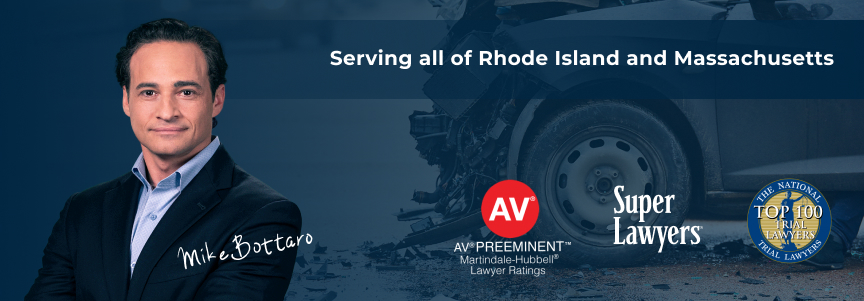
Premises Liability FAQs
Premises Liability
Are injuries on someone else’s property covered by an insurance company?
Typically, yes. Most insurance policies cover injury claims from public and private properties. Homeowner’s insurance usually covers a wide range of premises liability claims, and if you’re seeking compensation for an incident at someone else’s home, you will likely be collecting payment from that person’s insurance company.
If I fell while working, am I eligible to file workers’ compensation claim?
Potentially, yes. If you are an employee (not an independent contractor), workers’ compensation will most likely cover your work-related injury. Workers’ compensation provides “no fault” benefits for employees’ injuries, which means that your employer (or their insurance company) must pay whether or not your employer was to blame for your fall.
If you can file a workers’ compensation claim after an injury at work, you may also be able to file a premises liability claim. For example, if your employer leases the facility where you work, the property owner could be fully liable for your losses.
What are some examples of “inadequate security”?
If you were assaulted on someone else’s property, you may be able to file a claim based upon the property owner’s failure to provide adequate security, including:
- Deficient security policies and procedures
- Failure to control access to the premises
- Failure to hire appropriate security patrol
- Missing locks
- Inadequate fencing, lighting, or security cameras
Can I file a premises liability claim for an injury I suffered in my own apartment or condo building?
Possibly, but you must consider who is responsible for the conditions that led to your injury. If the property owner or manager knew about—or should have known about—the risk of injury and didn’t repair or warn you of the problem, they may be liable for your damages.
Isn’t it my own fault if I slipped and fell on someone else’s property?
Not necessarily. Under many circumstances, property owners can be entirely at fault for a person’s slip and fall. For example, a recently mopped floor at the grocery store should be marked with caution signs. If it isn’t, you could easily suffer a fall before realizing the area is slippery. Don’t make assumptions about your ability to file a claim until you speak with an attorney who knows Rhode Island or Massachusetts premises liability law.

